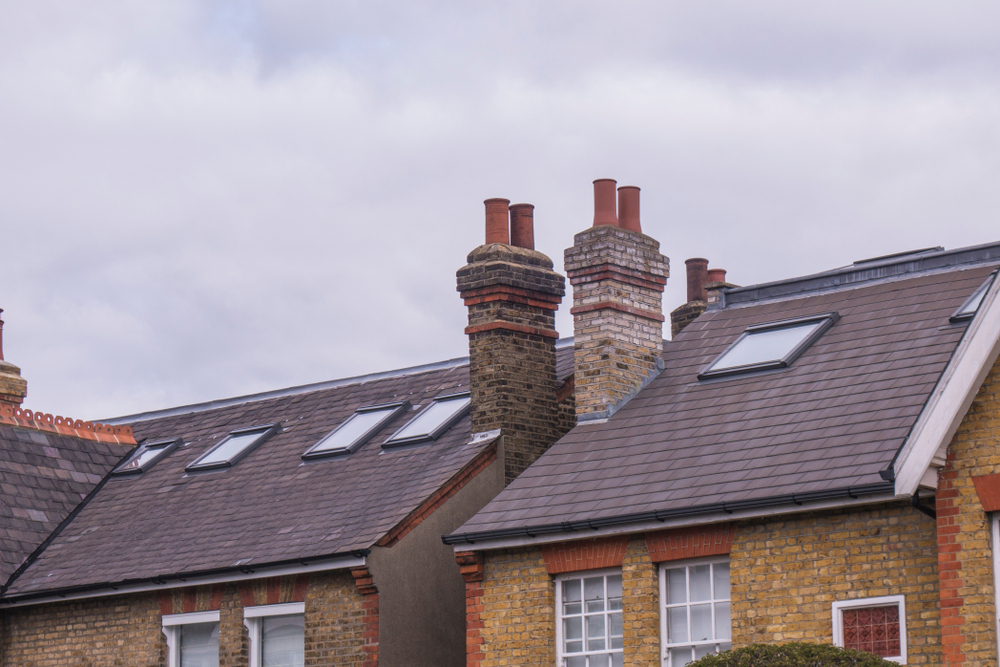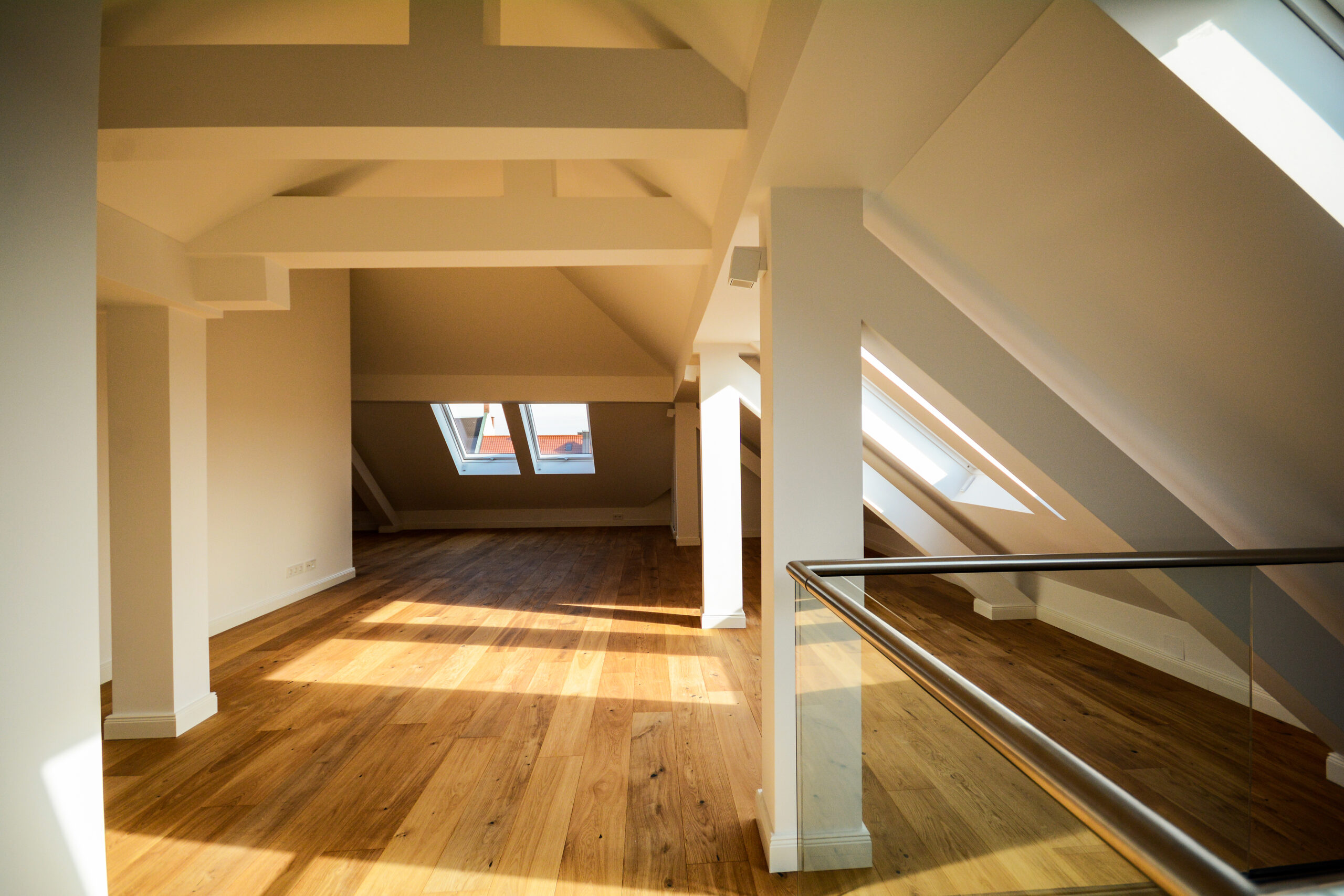Hip-to-gable loft conversions are a great option for properties with a hipped roof and limited loft space. A hip-to-gable loft conversion is constructed by altering the roof and vertically extending the side of it.
A lot of properties have pyramid-shaped roofs. Construction of a hip-to-gable loft conversion is easy for these properties. Except for the mid-terraced houses, this type of loft conversion is possible in all properties with a sloped roof.
If you have an unused loft and want to maximise the potential of your home with a loft conversion, contact the professionals for loft conversions in Hither Green. Of all the types of loft conversions you can opt for, hip-to-gable is one of the best options.
Here are the benefits of a hip-to-gable loft conversion that will help you decide what would be best for your home.
What are the benefits of the hip-to-gable loft conversion?
Get extra space in your loft
When you pair this type of loft conversion with a dormer extension, you can allow extra space for your bedroom and also include a usable bathroom in the loft. Rather than expanding the size of the house, this loft conversion will add to the space and make your loft functional.
Integrating with home aesthetics
A hip-to-gable conversion is more attractive than the other loft conversion types. For this construction, new gable walls are constructed so the extension looks natural. You can also ask the specialist to add a few features around your newly constructed loft space. Thus, hip-to-gable loft conversions seamlessly integrate with the aesthetics of your home and don’t look odd or out of place.
Boosts the value of your home
This type of loft conversion significantly boosts the value of your home. Hence, if you’re planning to resale the property in the coming years, a hip-to-gable loft conversion can increase the valuation of the property and attract potential buyers’ interest.
Get different rooms with this conversion
With a hip-to-gable loft conversion, you’ll get a spacious new loft bedroom. You can use the loft as a child’s playroom, home office, or additional guest bedroom. Hence, instead of spending a lot of money on a property extension, make sure you get in touch with the specialists for a hip-to-gable loft conversion.


